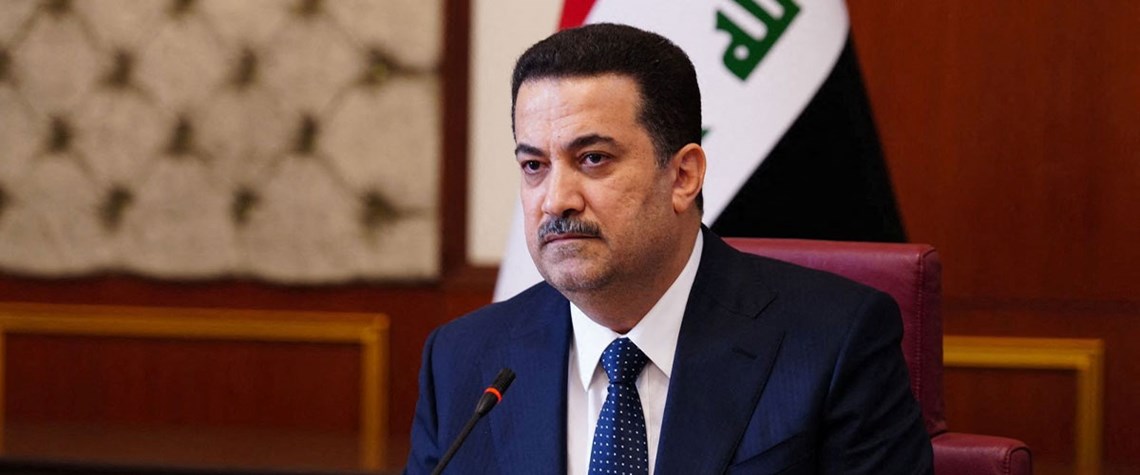Government formation promises relief from Iraq’s upstream stasis
The new administration’s close ties to Tehran could mould its stance towards potential IOC investors
Iraq’s oil sector has been frozen since elections last year, paralysed by the caretaker government’s constitutional inability to make major policy and spending decisions. While rival Mideast Gulf producers and their foreign partners have spent their oil price windfalls on turbocharging upstream development, Baghdad is lagging, even though it is set to end the year with its coffers at their plumpest for nearly 20 years. As a result, the belated appointment of a new government in late October was greeted by the country’s IOC investors with a general sigh of relief. But the sentiment was largely detached from the character of the administration, moulded as it is by a tactical victory after year

Also in this section
25 July 2025
KRG, Iraq’s central government and Turkey are all working to get exports flowing from the key port, but complications remain
25 July 2025
Mozambique’s insurgency continues, but the security situation near the LNG site has significantly improved, with TotalEnergies aiming to lift its force majeure within months
25 July 2025
There is a bifurcation in the global oil market as China’s stockpiling contrasts with reduced inventories elsewhere
24 July 2025
The reaction to proposed sanctions on Russian oil buyers has been muted, suggesting trader fatigue with Trump’s frequent bold and erratic threats








